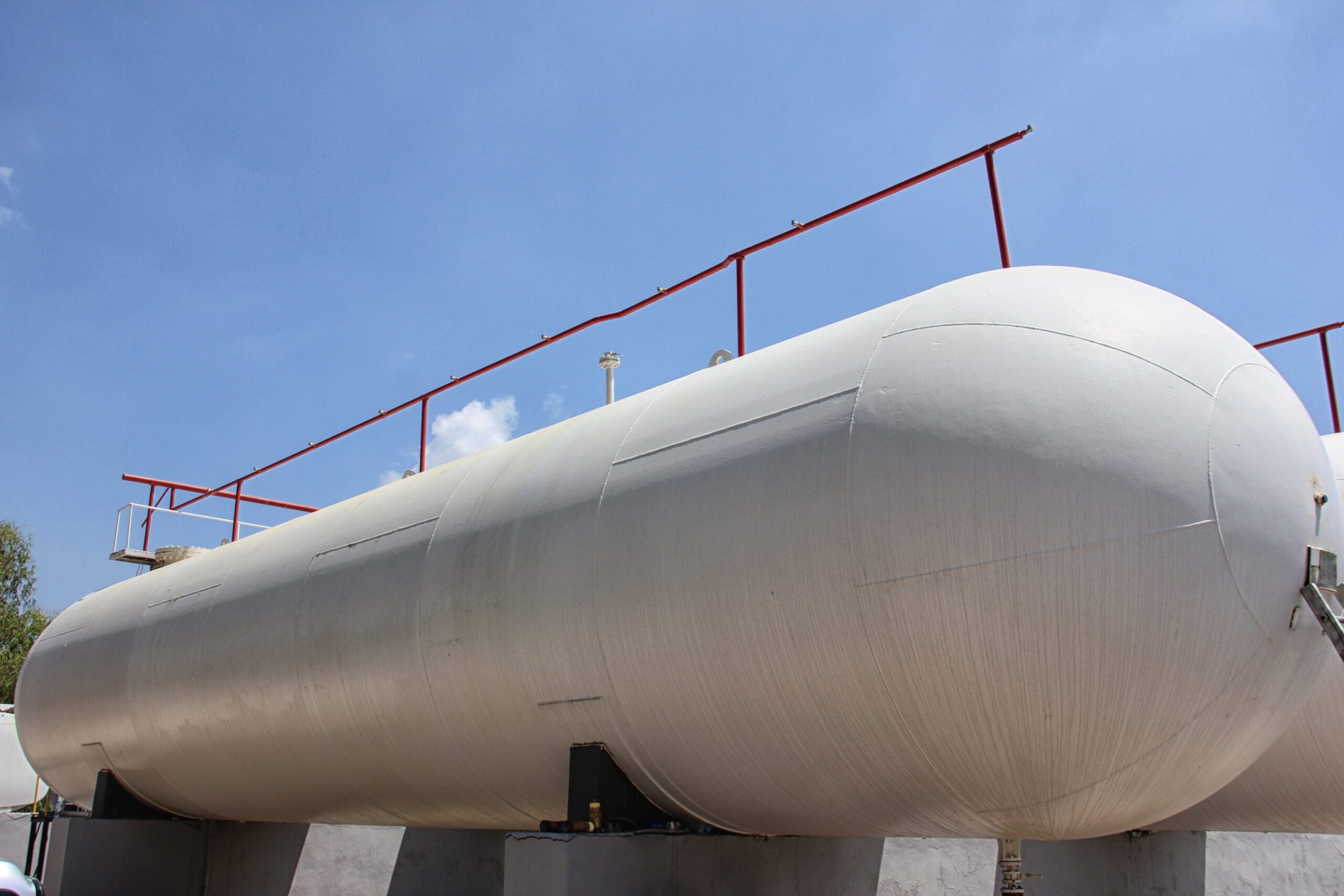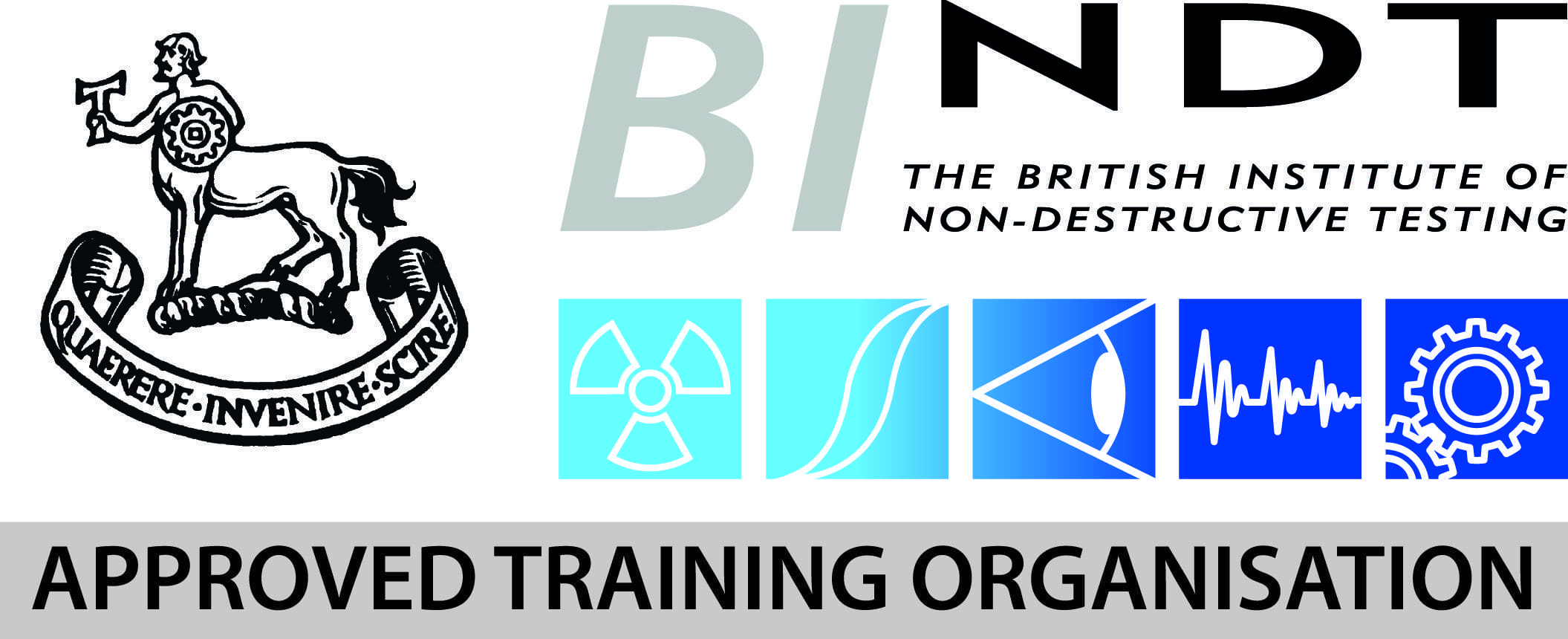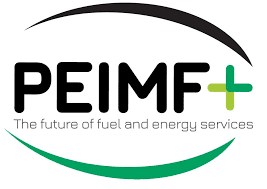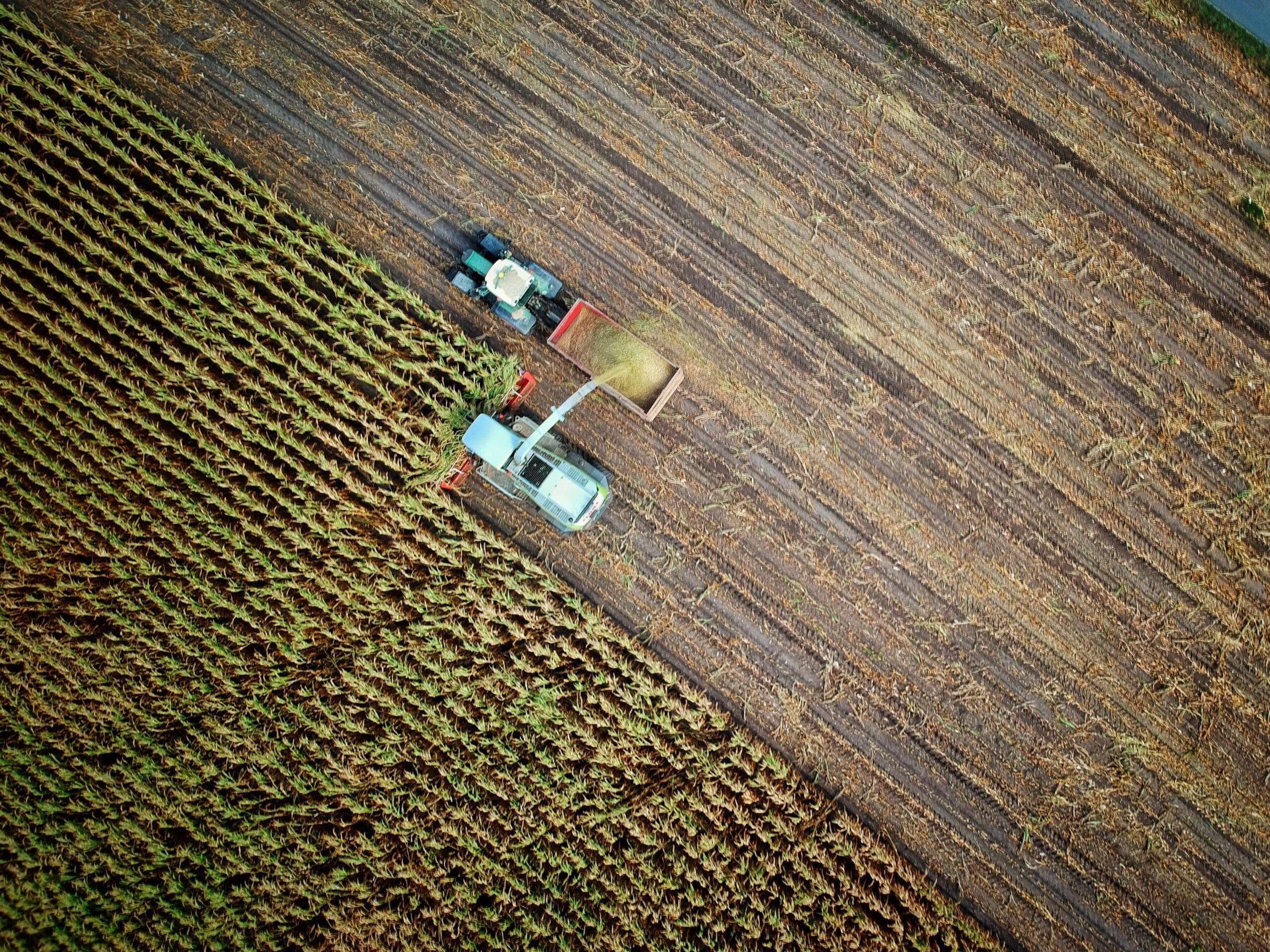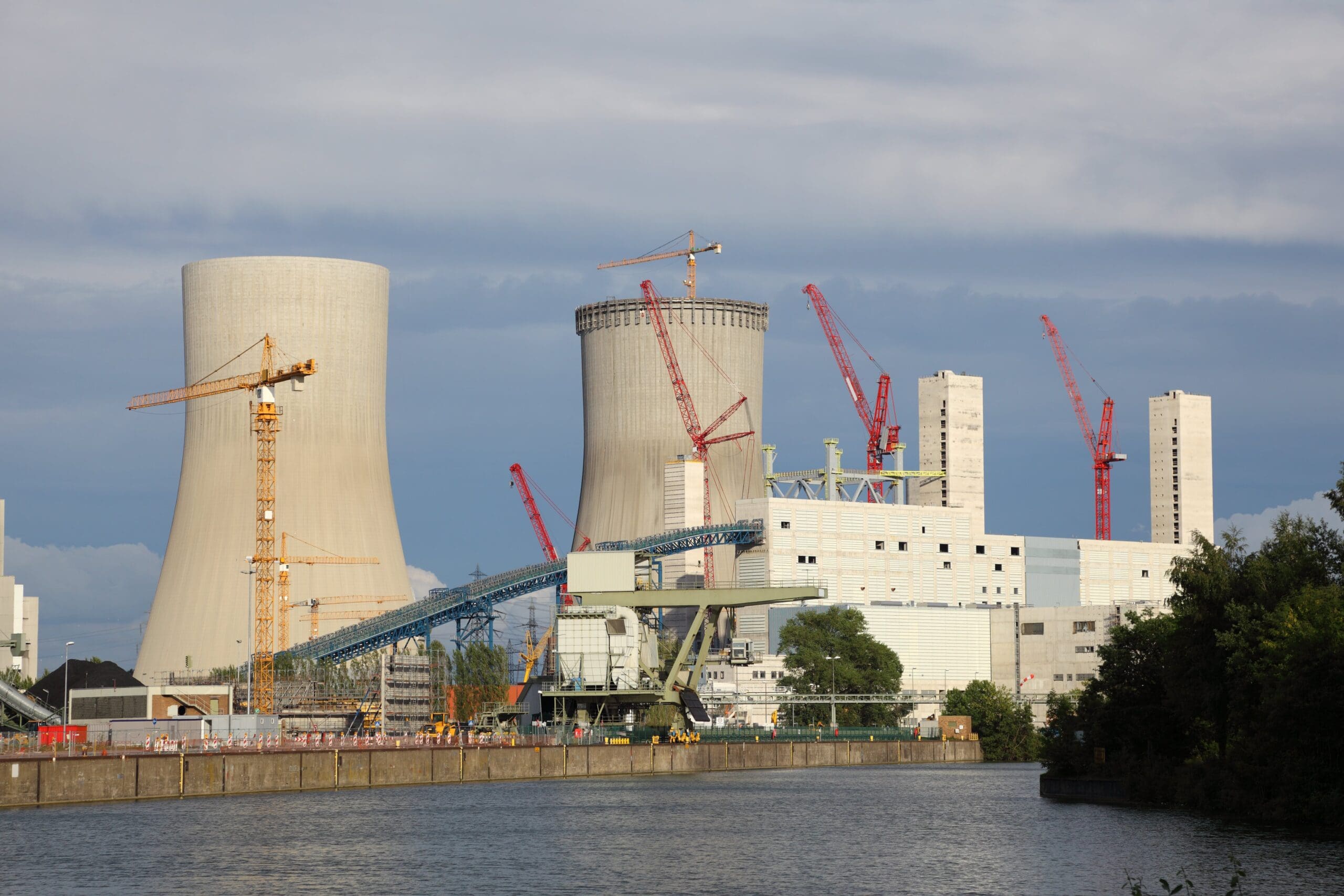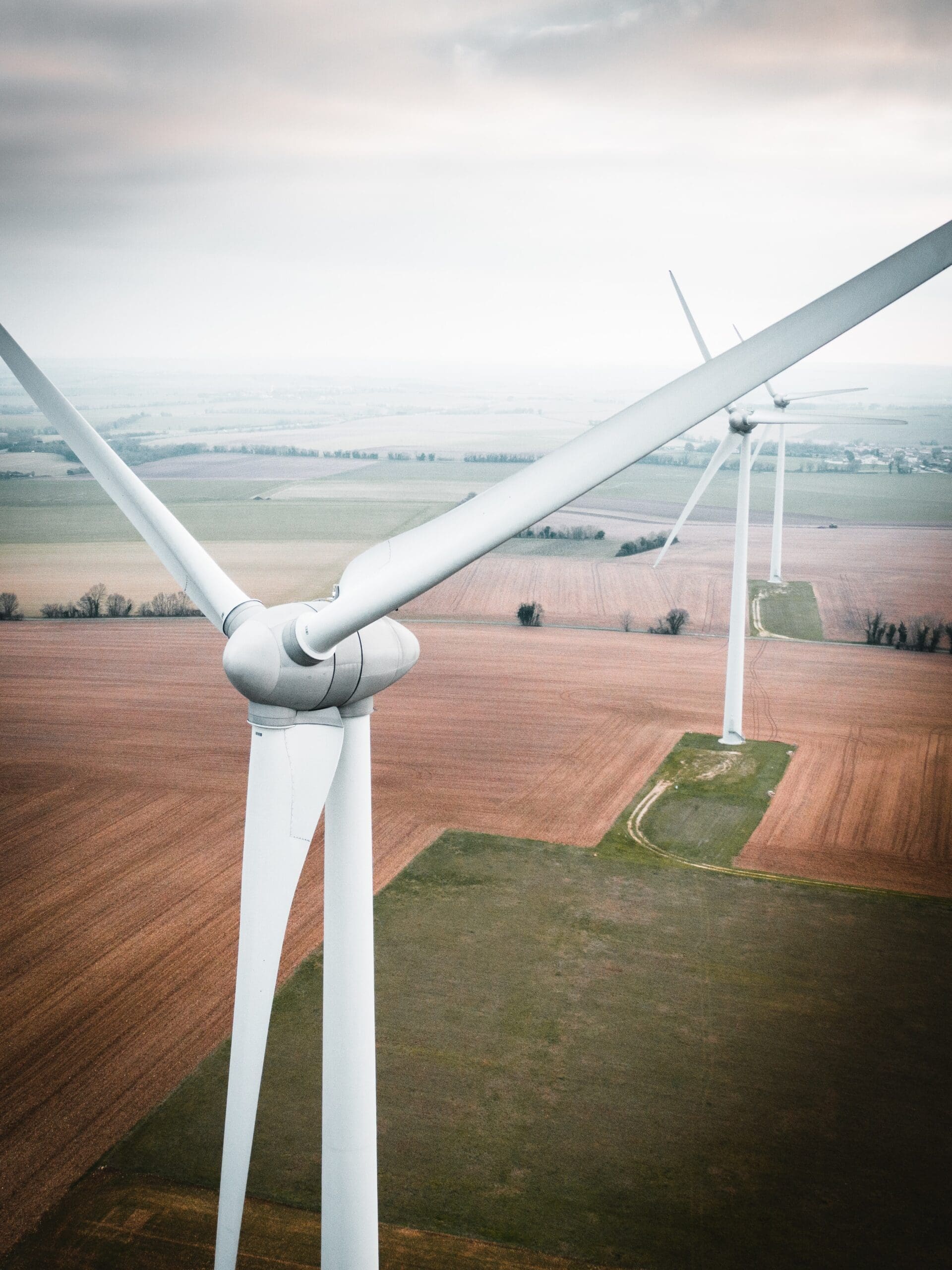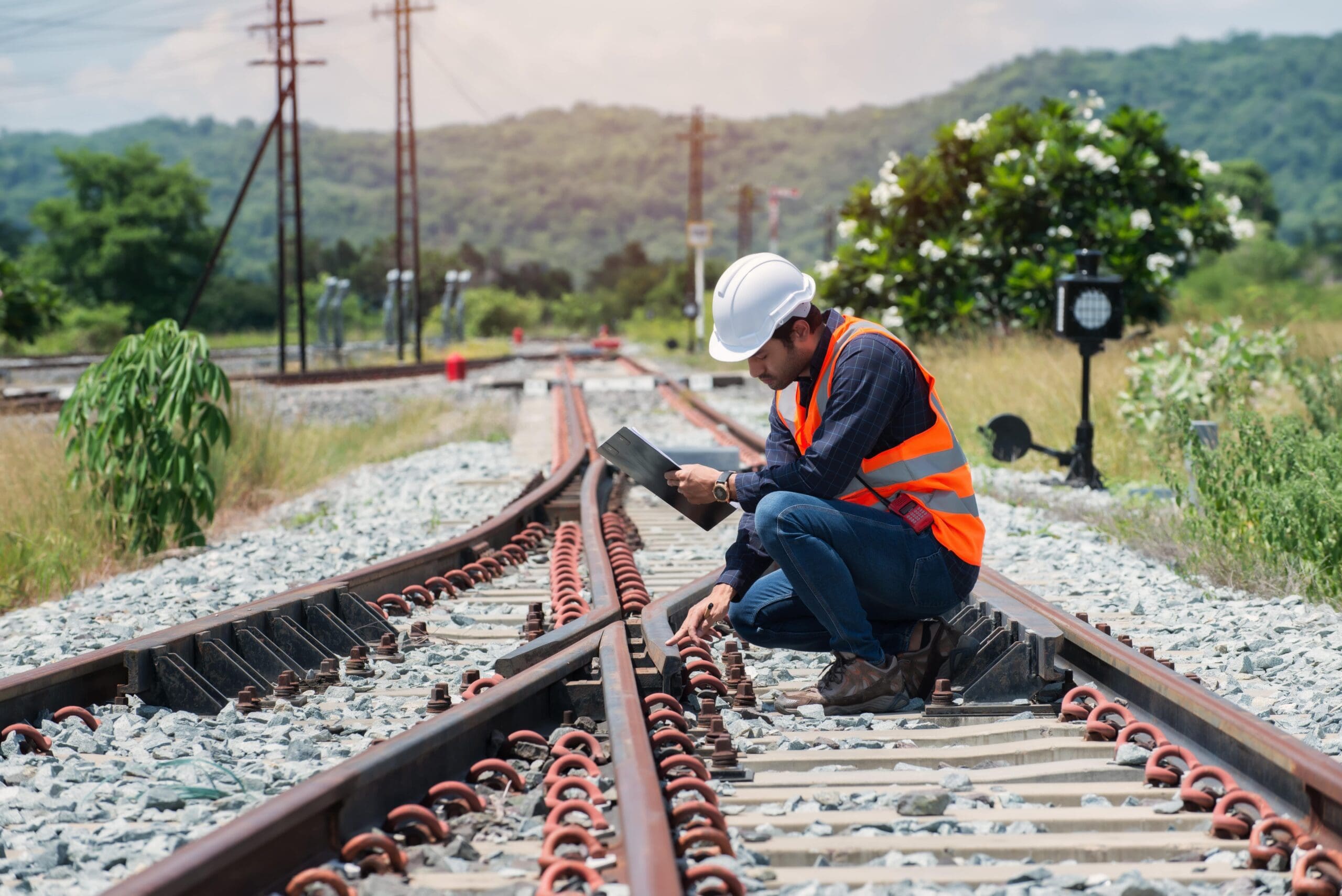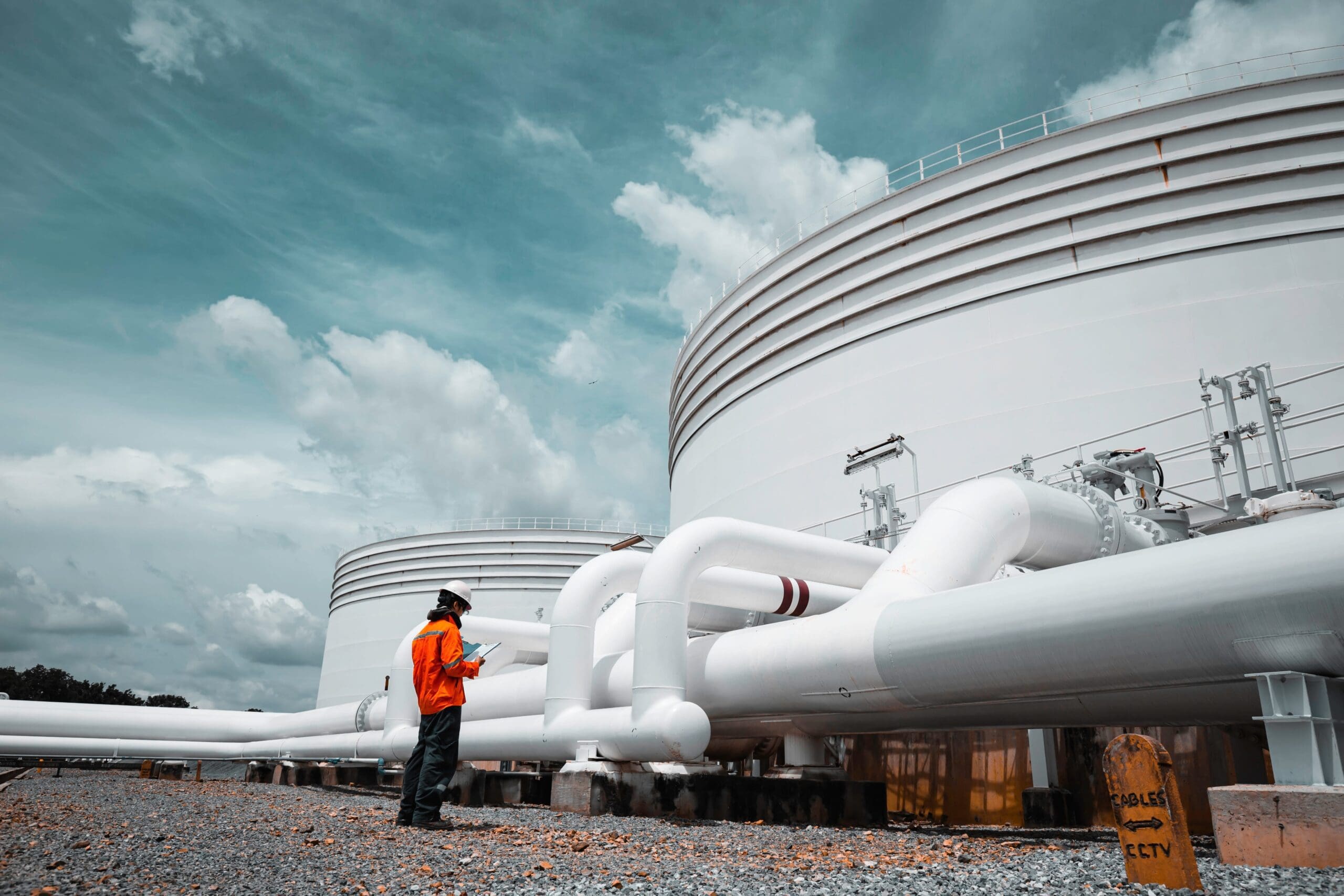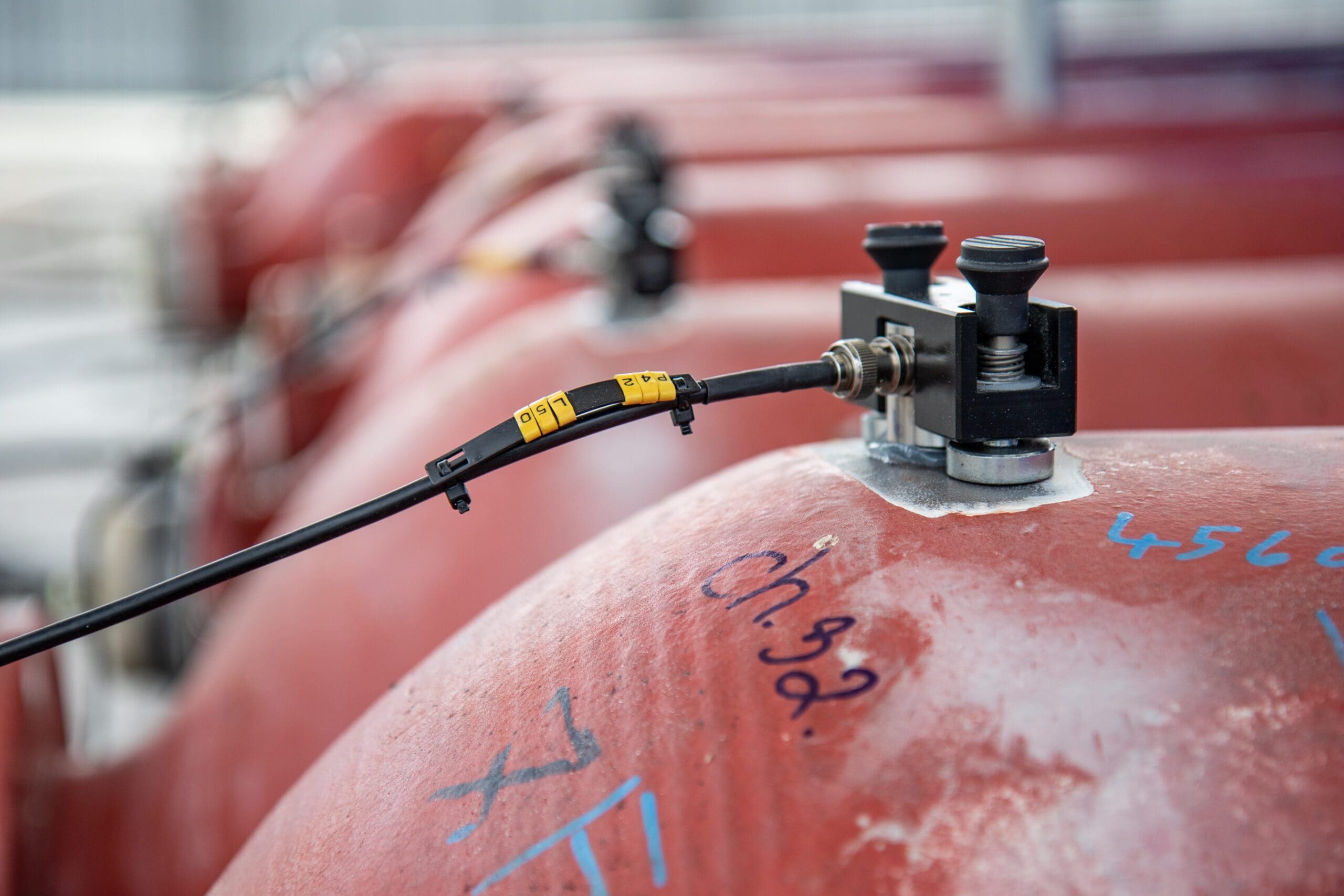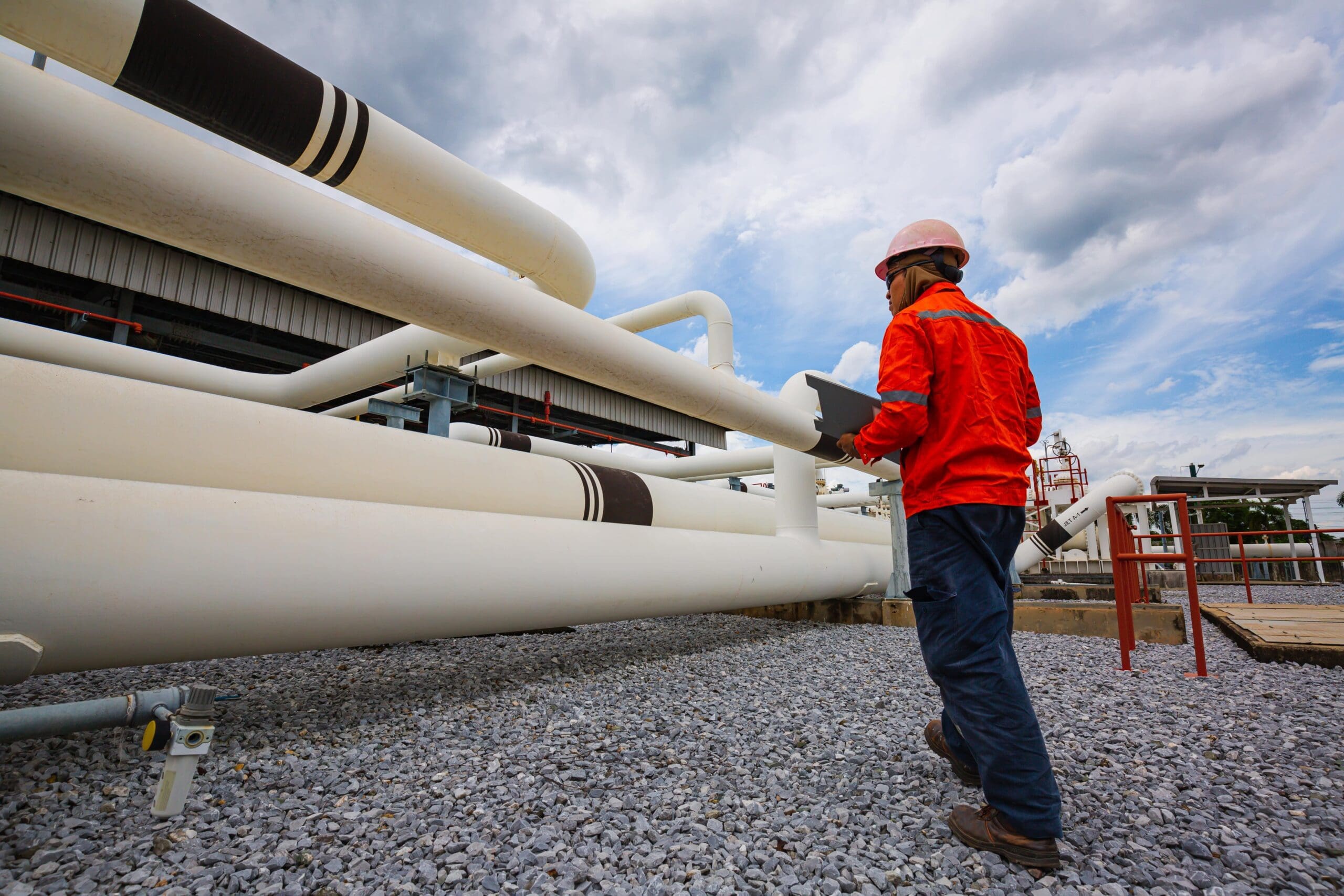Specialist Inspections
Piping Inspections
Maintain the integrity and safety of your piping systems with BES Group. We offer thorough inspections to uncover any defects or deviations from the design specifications.
Explore Our Process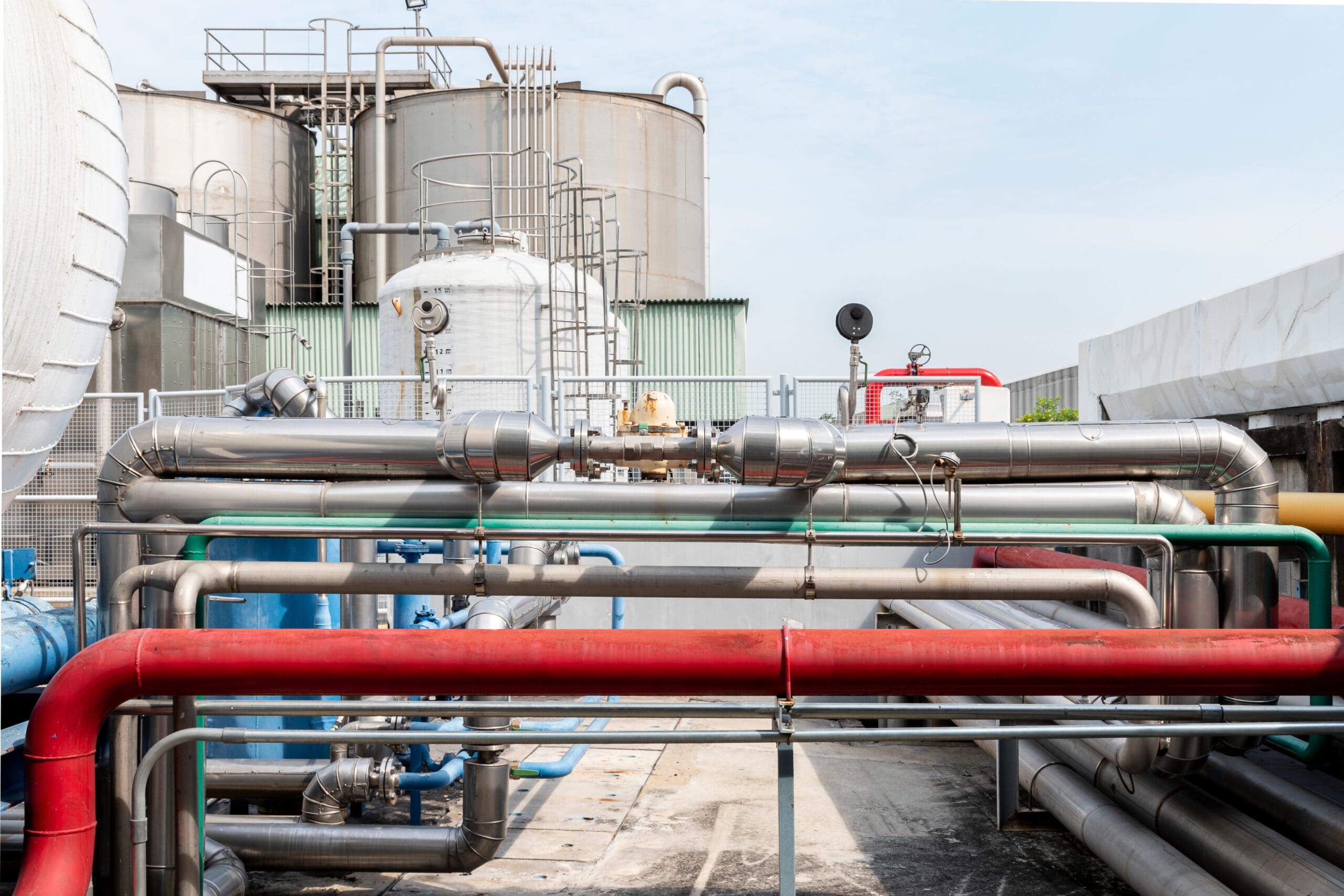
Interested? Let’s talk.
Send us an enquiry
Who we’ve partnered with...

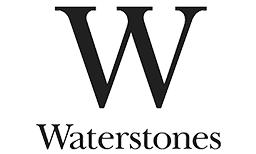



What are Piping Inspections?
We provide comprehensive Piping Inspections and Assessment Services, aligned with Industry standards like API 579 and API 570. This provides a thorough evaluation of your piping systems, ensuring their continued reliability and compliance.
API 570 Piping System Corrosion Rate and Remaining Life Assessment
Our corrosion rate and remaining life assessments, aligned with API 570, provide valuable insights into the anticipated longevity of your piping systems:
API 579 Fitness for Service Piping Assessments
API 579 Fitness for Service Piping Assessments offers a more in-depth assessment to determine continued integrity following an API 570 test.
Piping Inspection in-line with API 570, for ‘lower hazard’ services
An API 570 Inspection for Lower Hazard Services offers a robust framework for in-service inspection, rating, repair and alteration of Piping Systems.


Let's talk about Piping
Send one of the team a message
Not seeing what you expected?
Try using our search
Explore what our clients say


Sectors we service
Dive into the diverse landscapes where BES Group sparks innovation and drives impact.


About Piping Inspections
Explore all sub-services- Key Benefits
- Detailed Piping Inspections
Improved Regulatory Compliance and Risk Management
Adherence to industry standards and regulations, such as API 570 and API 579, is crucial for maintaining compliance and mitigating legal and financial risks. Piping inspection and assessment services help organisations ensure their piping systems meet compliance requirements and minimise potential liability issues.
Extended Asset Life and Cost Savings
By identifying and addressing potential problems early on, piping inspection and assessment services can extend the lifespan of piping systems, reducing the need for premature replacement or costly repairs. This translates into significant cost savings over time.
Enhanced Safety and Reliability
Regular inspection and assessment of piping systems help identify defects, corrosion, and other potential issues before they lead to failures or accidents. This proactive approach promotes the safe and reliable operation of critical piping infrastructure, preventing downtime, production disruptions, and environmental hazards.

Prevent Catastrophic Failures:
Early detection and rectification of defects minimise the risk of sudden leaks, explosions, or other disruptions.
Our thorough inspections delve into the depths of your piping systems, uncovering any defects or deviations from the design specifications. This includes:
Leaks
Early detection of leaks prevents fluid loss, environmental contamination, and potential explosions.
Corrosion
Identifying corrosion pits and cracks allows for prompt repair and prevents structural failure.
Material Degradation
Monitoring the condition of piping materials ensures that they can withstand the pressures and fluids they handle.
Geometric Defects
Detecting weld imperfections, ovality, and other geometric issues ensures the integrity of the pipeline.
Pressure-Relieving Devices
Regularly inspecting pressure-relieving devices ensures their proper functioning to protect the system and personnel in case of emergencies.
-
Key Benefits
Improved Regulatory Compliance and Risk Management
Adherence to industry standards and regulations, such as API 570 and API 579, is crucial for maintaining compliance and mitigating legal and financial risks. Piping inspection and assessment services help organisations ensure their piping systems meet compliance requirements and minimise potential liability issues.
Extended Asset Life and Cost Savings
By identifying and addressing potential problems early on, piping inspection and assessment services can extend the lifespan of piping systems, reducing the need for premature replacement or costly repairs. This translates into significant cost savings over time.
Enhanced Safety and Reliability
Regular inspection and assessment of piping systems help identify defects, corrosion, and other potential issues before they lead to failures or accidents. This proactive approach promotes the safe and reliable operation of critical piping infrastructure, preventing downtime, production disruptions, and environmental hazards.

Prevent Catastrophic Failures:
Early detection and rectification of defects minimise the risk of sudden leaks, explosions, or other disruptions.
-
Detailed Piping Inspections
Our thorough inspections delve into the depths of your piping systems, uncovering any defects or deviations from the design specifications. This includes:
Leaks
Early detection of leaks prevents fluid loss, environmental contamination, and potential explosions.
Corrosion
Identifying corrosion pits and cracks allows for prompt repair and prevents structural failure.
Material Degradation
Monitoring the condition of piping materials ensures that they can withstand the pressures and fluids they handle.
Geometric Defects
Detecting weld imperfections, ovality, and other geometric issues ensures the integrity of the pipeline.
Pressure-Relieving Devices
Regularly inspecting pressure-relieving devices ensures their proper functioning to protect the system and personnel in case of emergencies.
Frequently asked questions
What is the purpose of API 579 Fitness for Service (FFS) assessments?
A: API 579 FFS assessments provide a systematic approach to evaluate the structural integrity of piping systems with defects or damage and determine their suitability for continued operation. These assessments help to ensure the safety and reliability of piping systems while minimizing downtime and operational disruptions.
How are corrosion rates and remaining life assessed for piping systems?
Corrosion rates and remaining life for piping systems are assessed through a combination of techniques, including: Analysing historical corrosion data: Reviewing past inspection records and corrosion rates to identify trends and patterns. Performing on-stream thickness monitoring: Continuously monitoring pipe thickness to detect and quantify corrosion rates. Utilising corrosion modelling software: Employing advanced modelling tools to predict the future corrosion rate and remaining life of piping systems.
Let’s talk. Ask us anything.
Send one of the team a message
Insights & news
Browse our latest articles
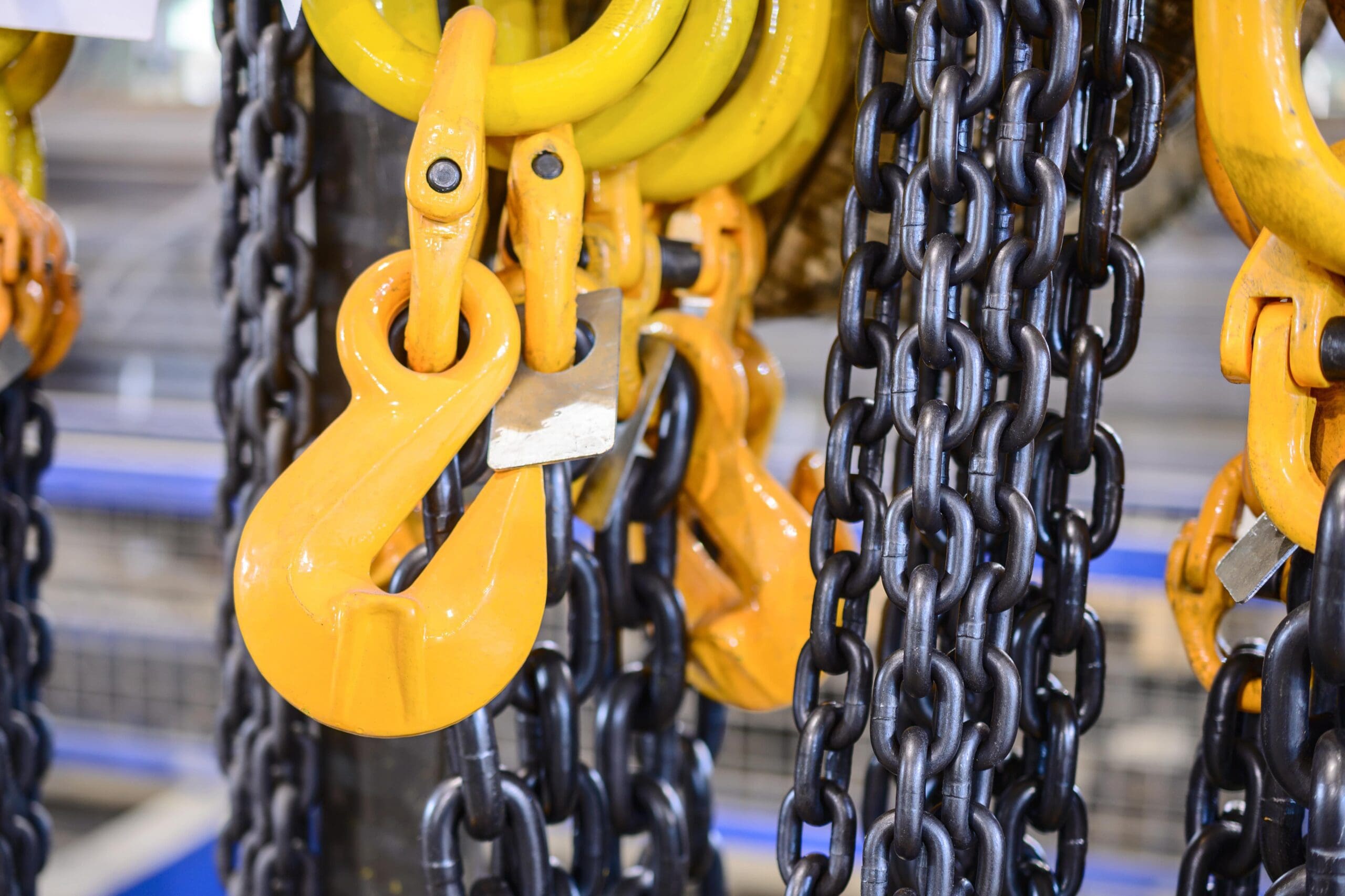
BES Group expands into Europe with ECH Groep acquisition
Acquisitions BES Group News Inspection
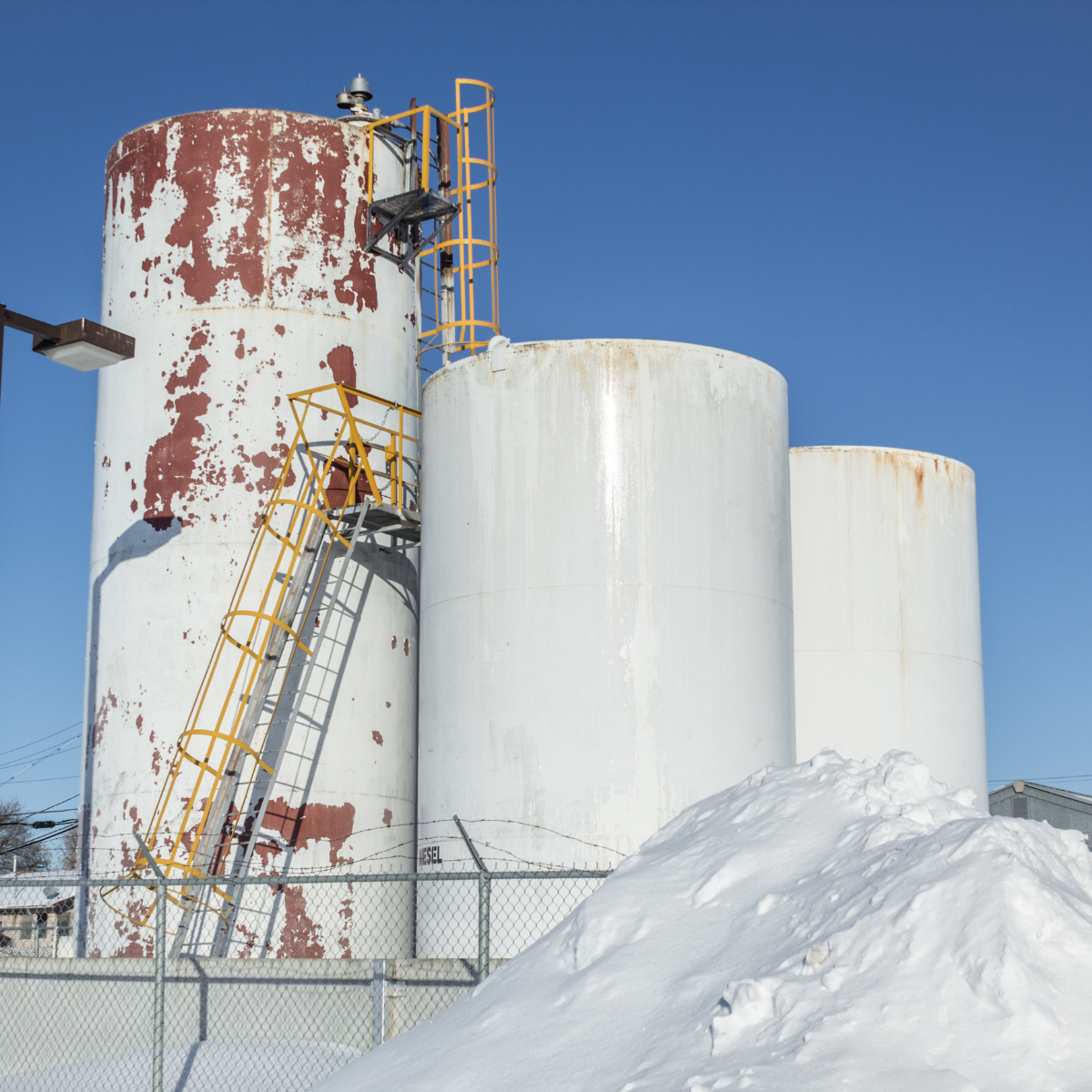
Ensure Your Assets Are Winter-Ready with Pre-Winter and Post-Winter Storage Tank Inspections
Inspection
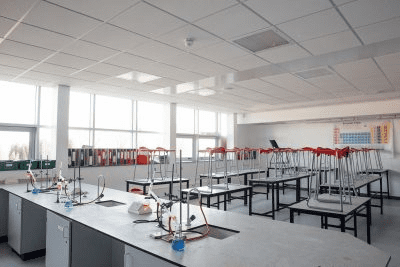
School Shutdowns: A Comprehensive Guide on Electrical Equipment Maintenance
Electrical Inspection
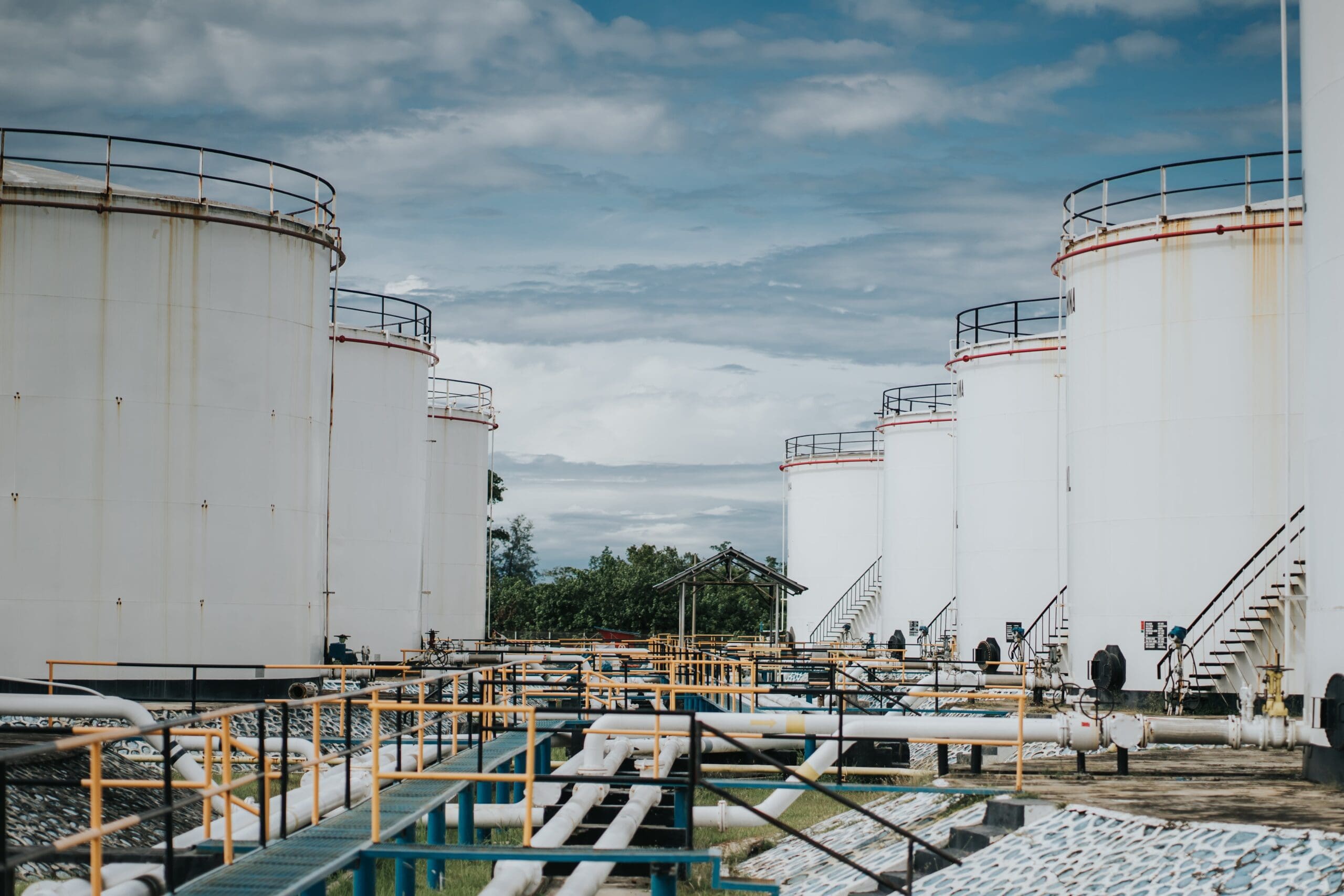
Storage Tank Inspections: Your Commonly Asked Questions
Inspection

Factory Shutdowns: How to Manage Your Maintenance Operations Efficiently
Asset Reliability Electrical Inspection Testing
Other similar services...
Looking for something else? Explore similar services...
Let’s get you to the right person, fast.
Thank you, enquiry submitted!
Please check your inbox. We have sent you an email receipt of your enquiry.
We treat every enquiry with the upmost urgency. We’ll aim to get in touch with the relevant BES Group specialist and get back to you as soon as possible*.
Thank you again and have a great day.
 About BES Group
About BES Group Accreditations & Credentials
Accreditations & Credentials Our Environmental, Social & Governance
Our Environmental, Social & Governance Careers at BES Group
Careers at BES Group Our Senior Leadership Team
Our Senior Leadership Team
